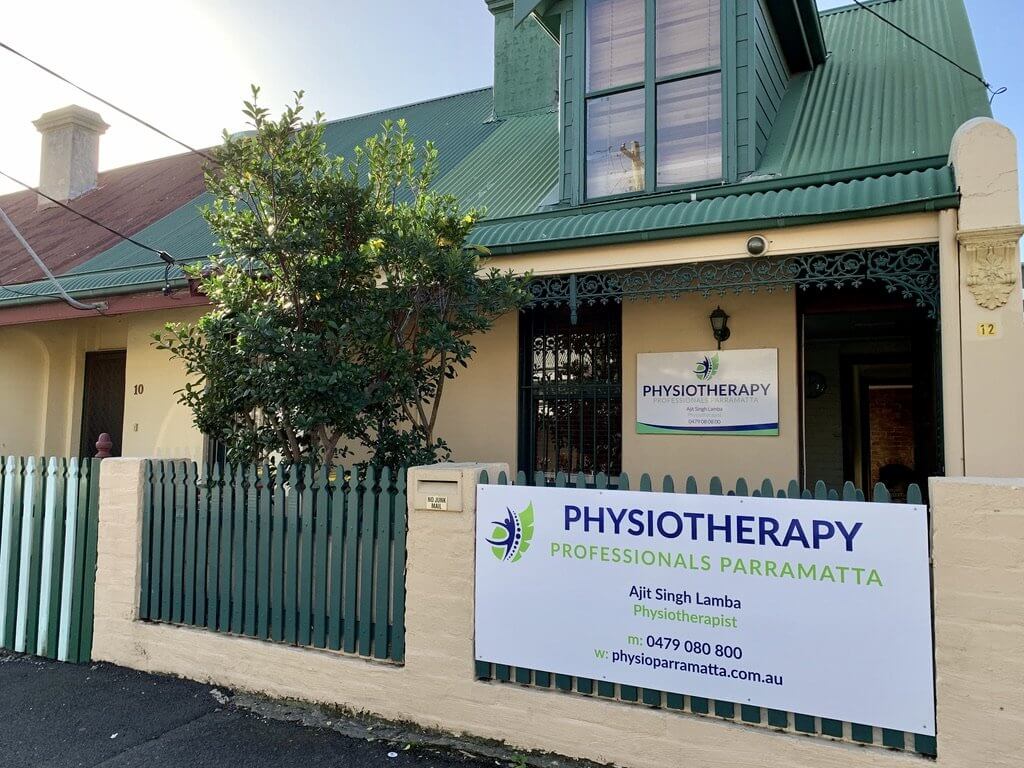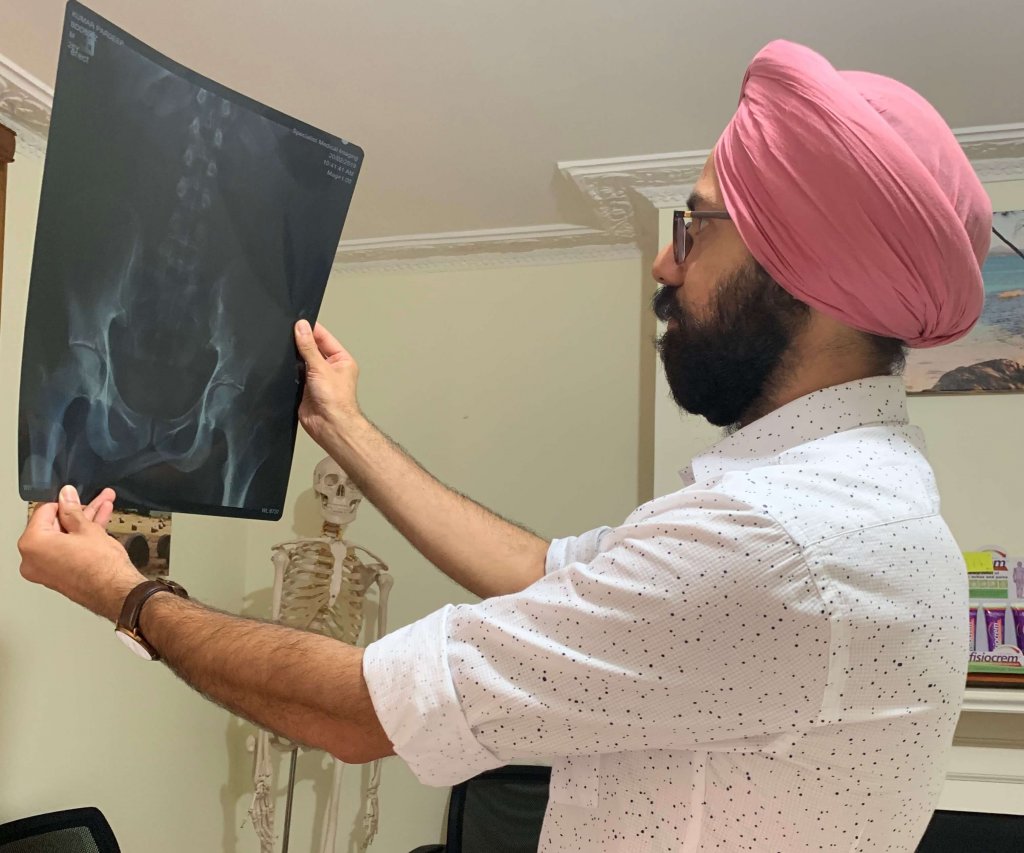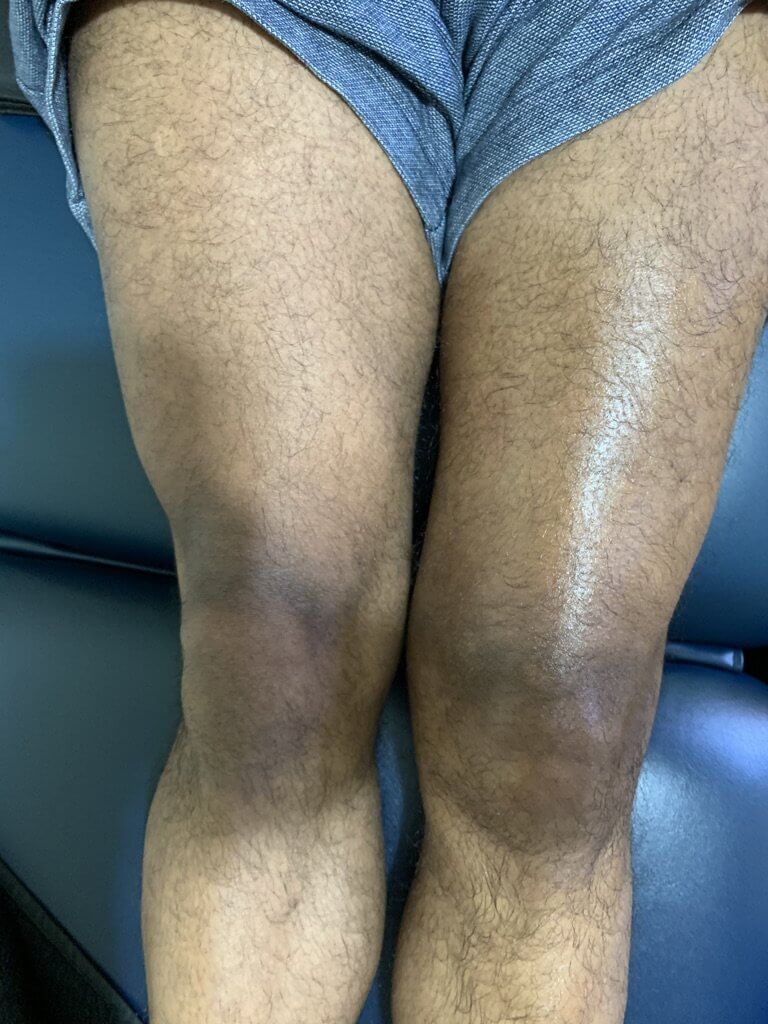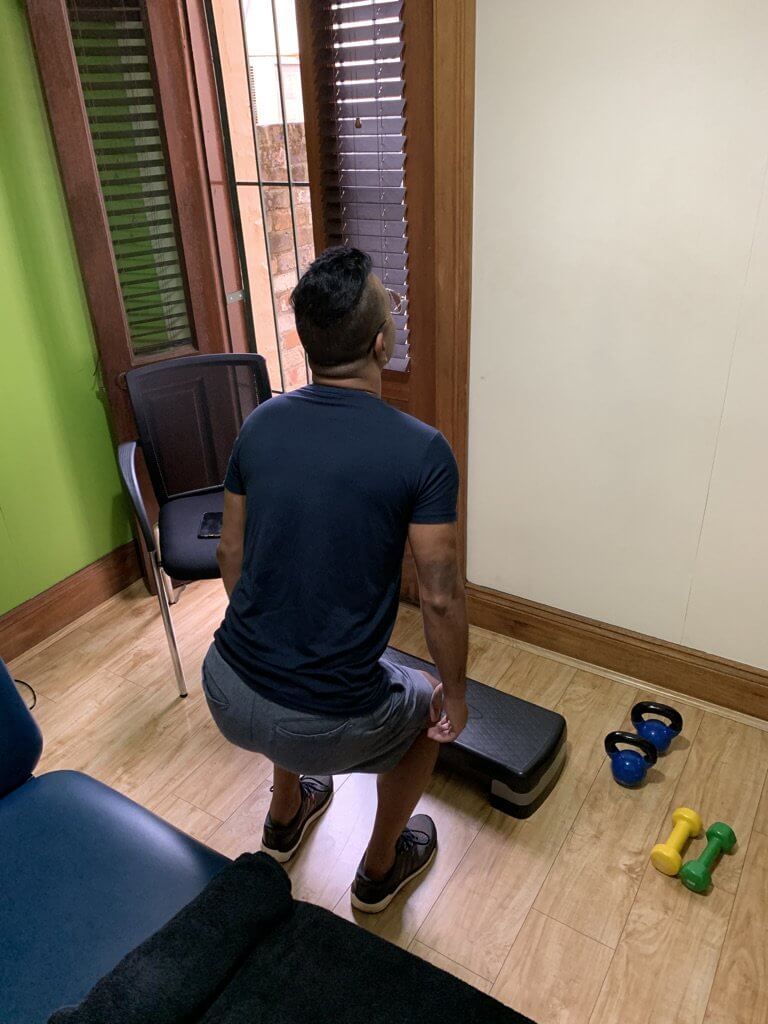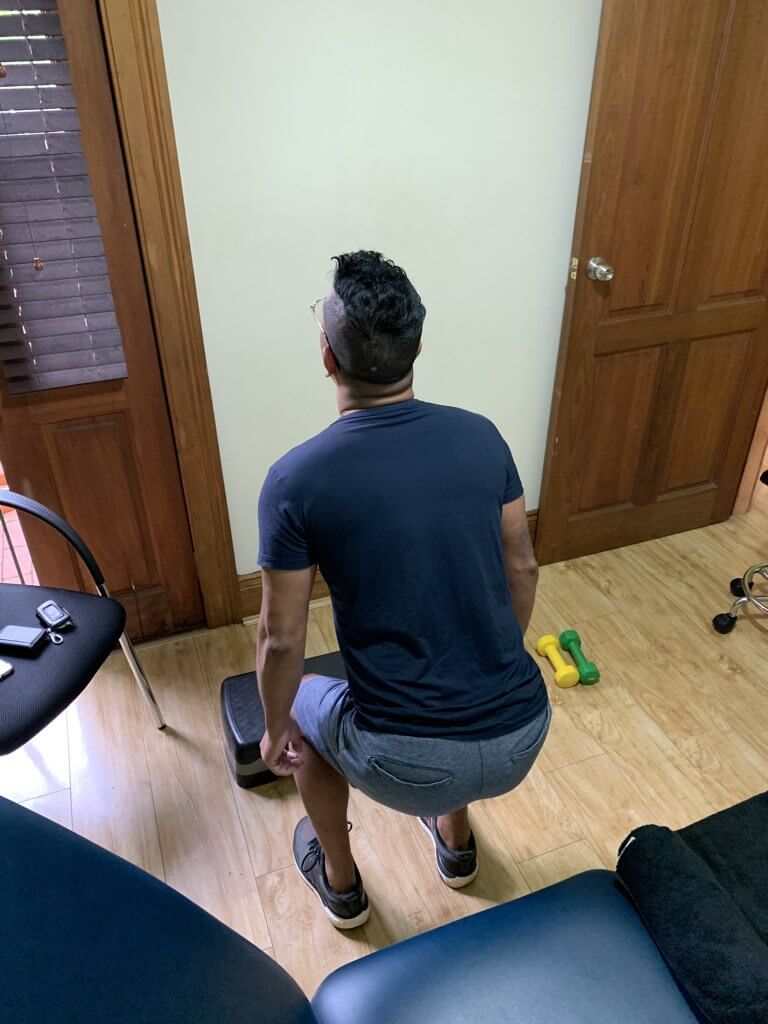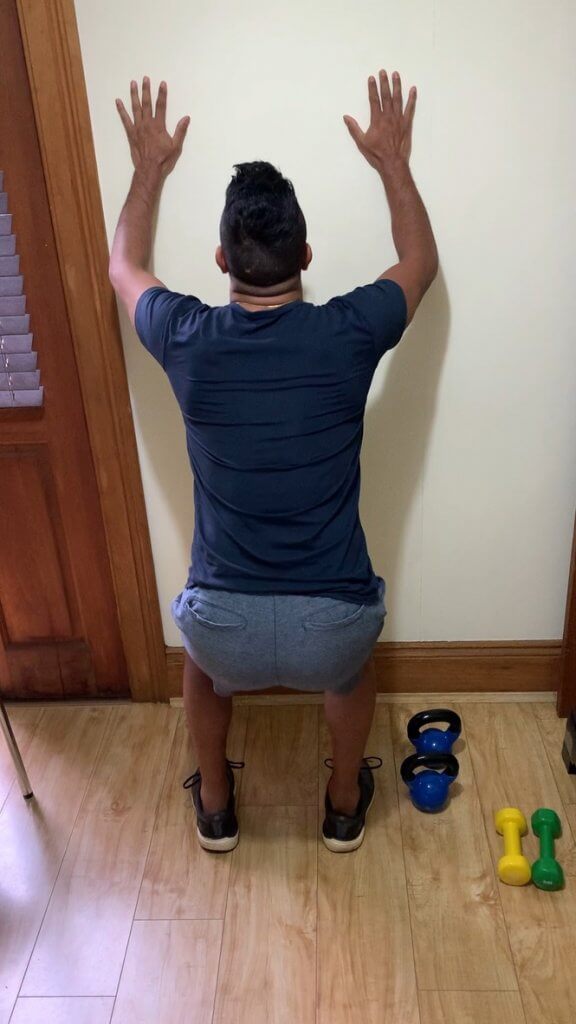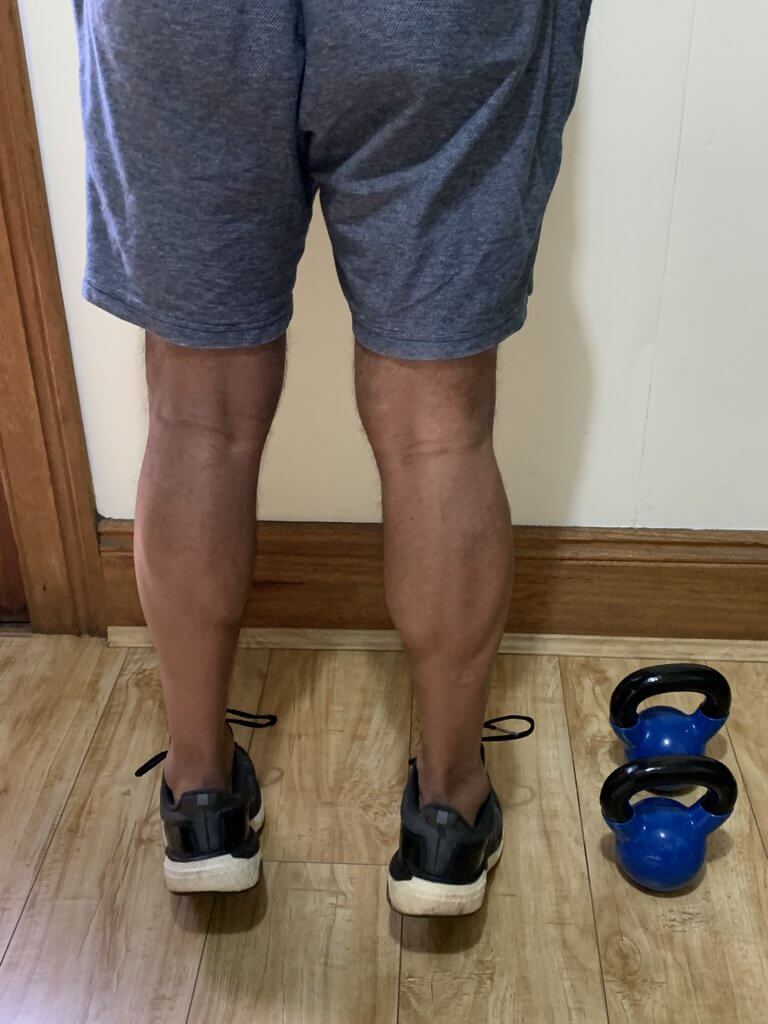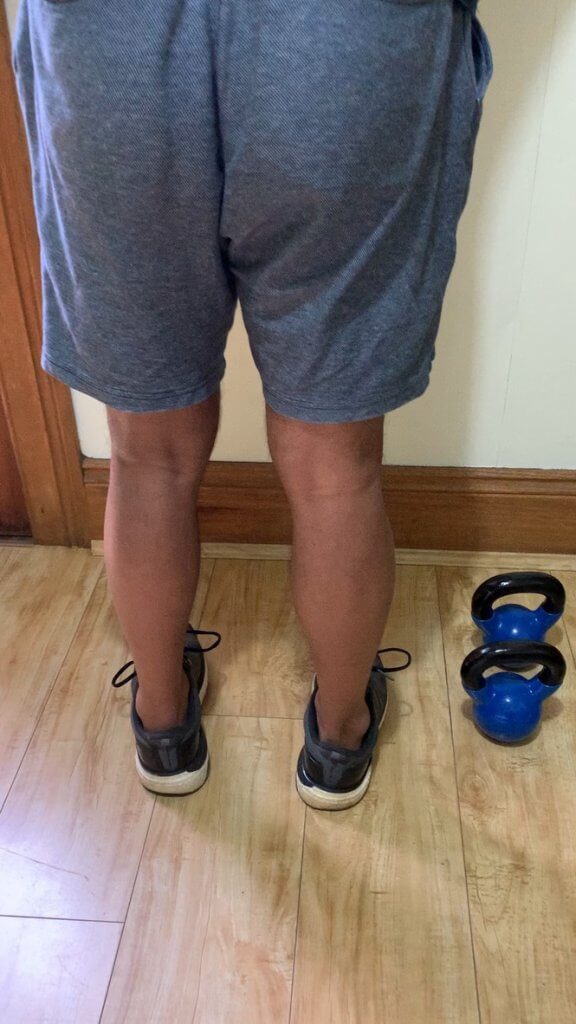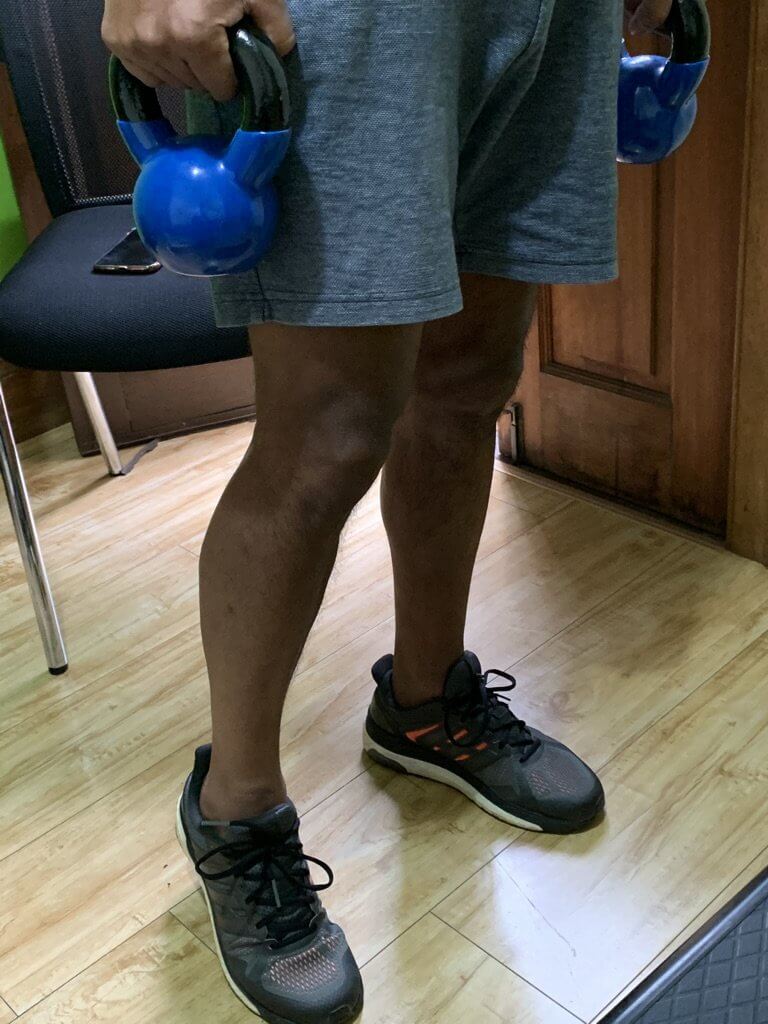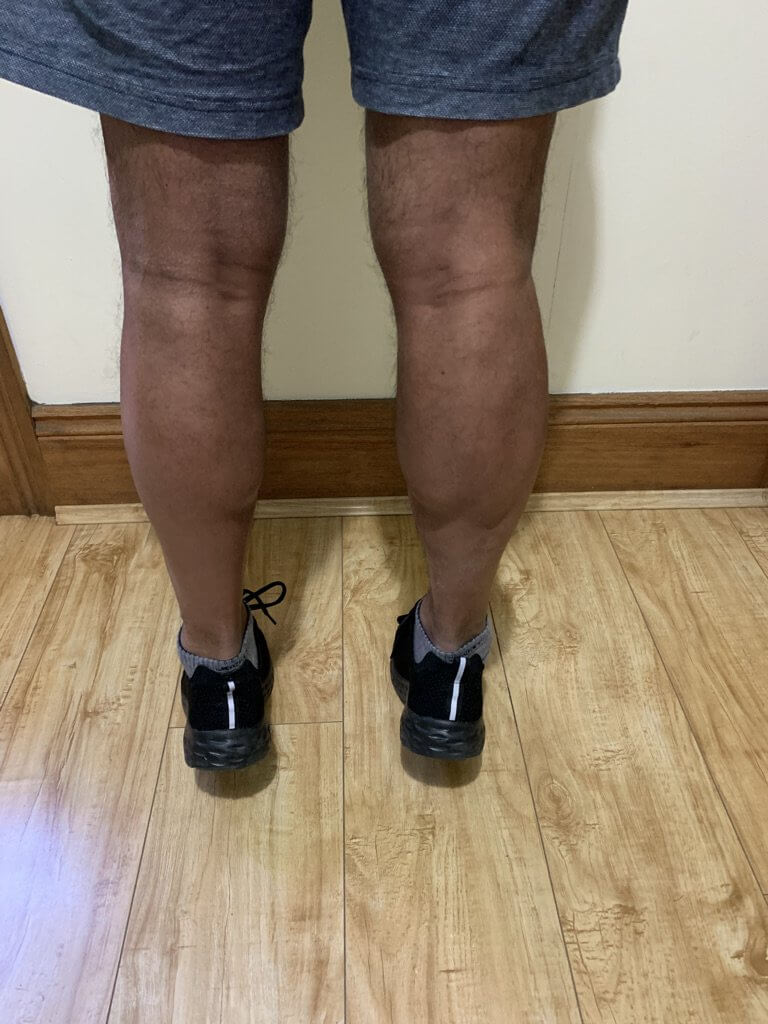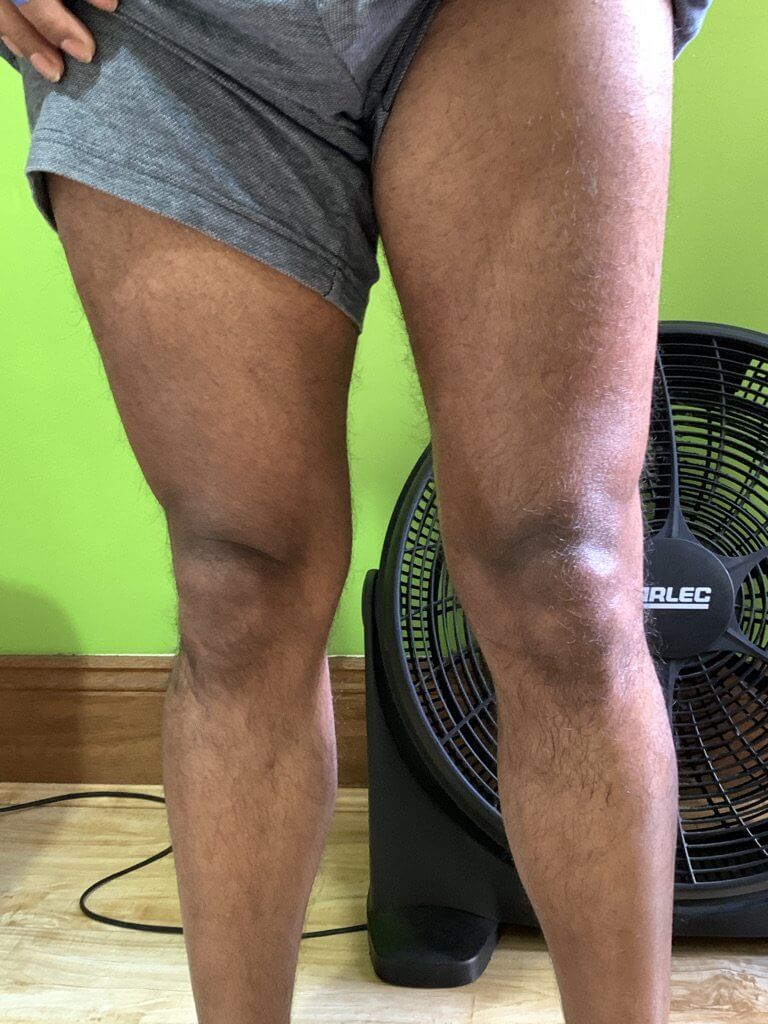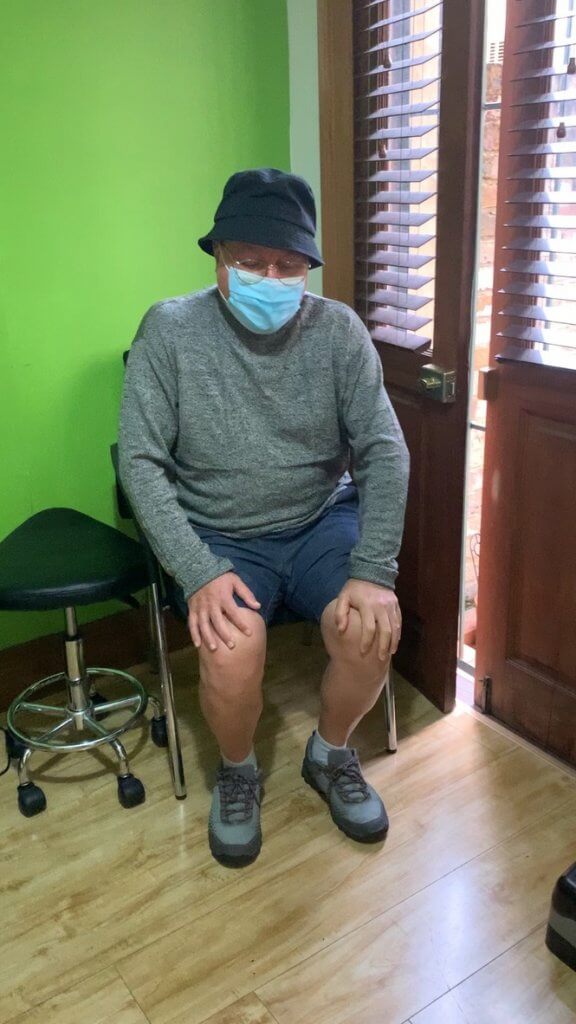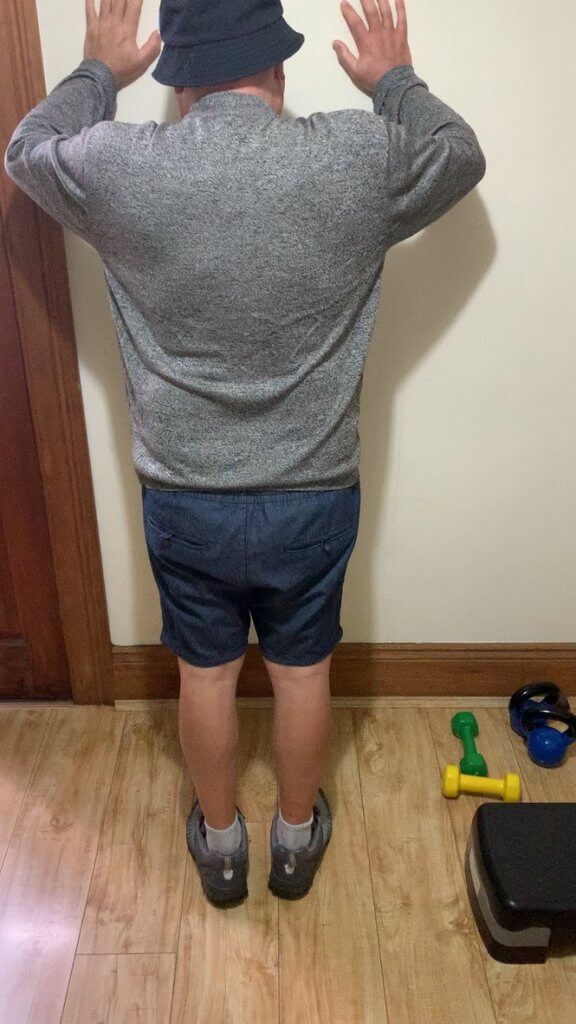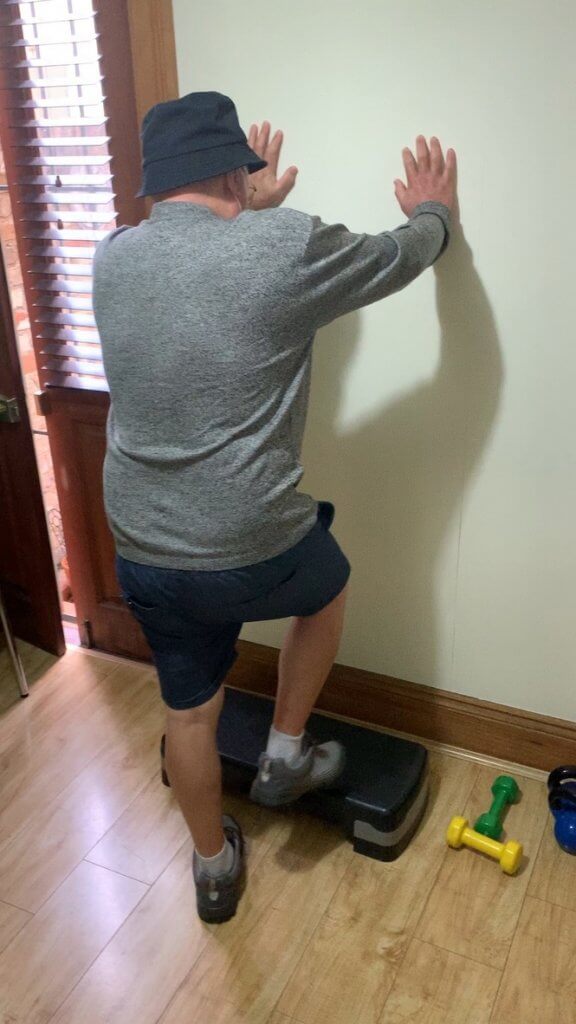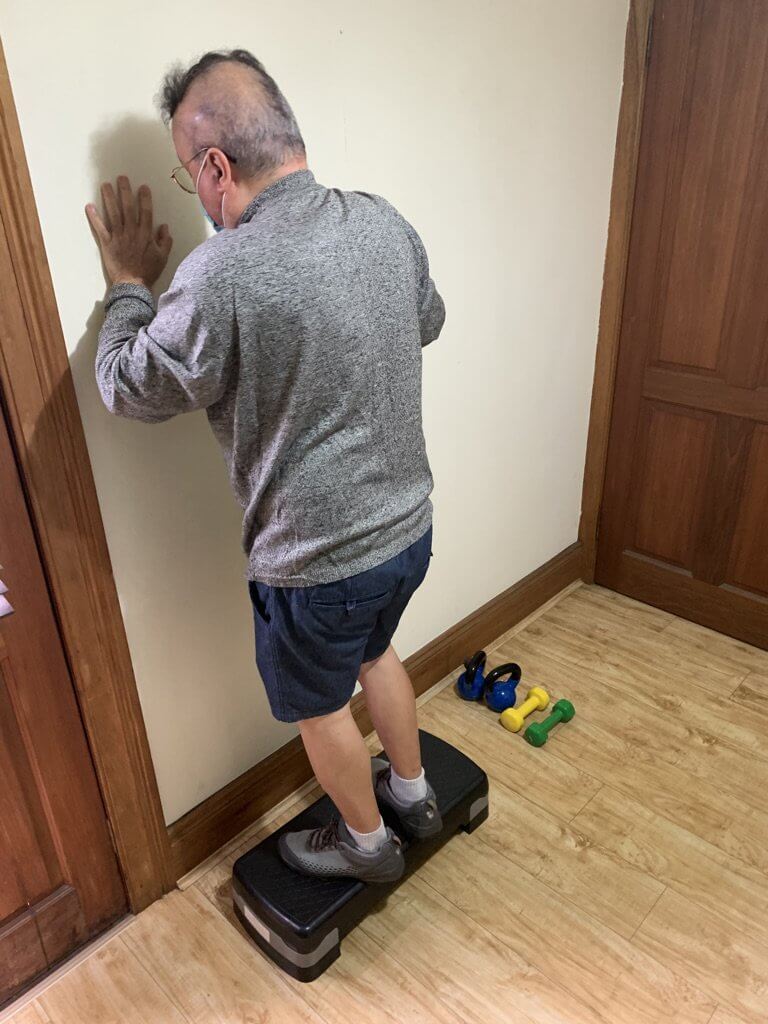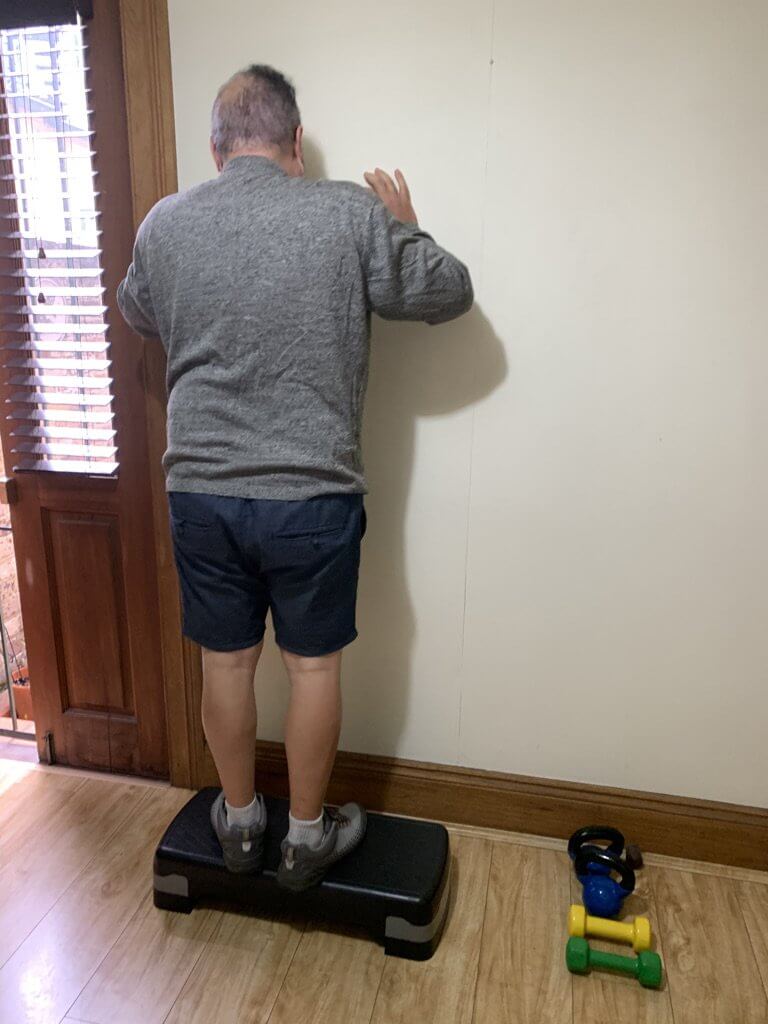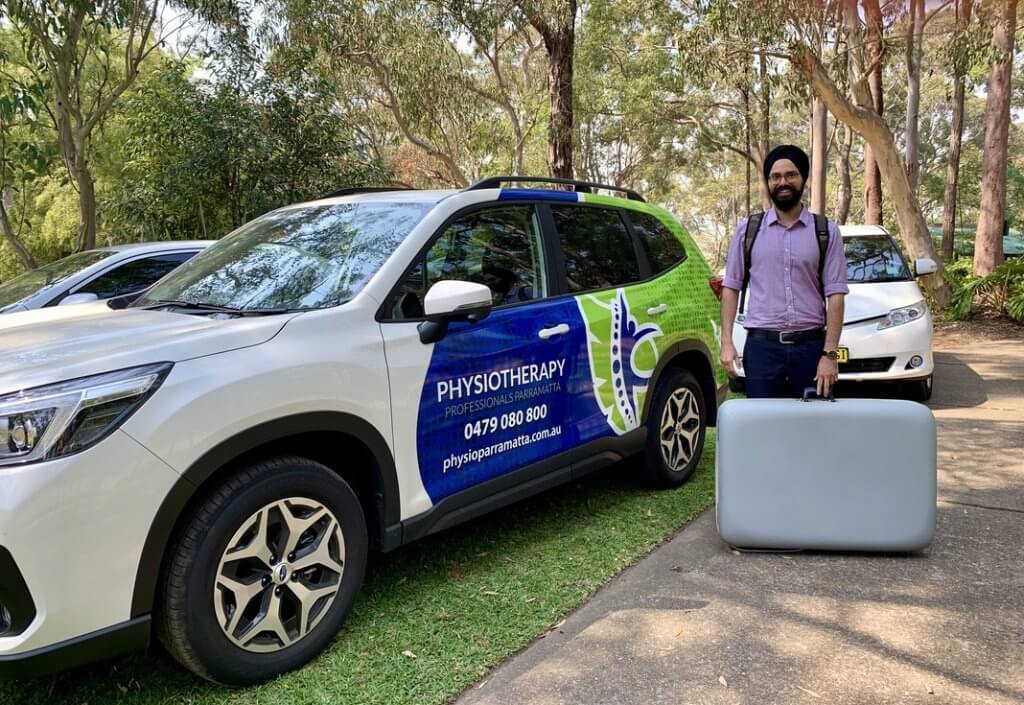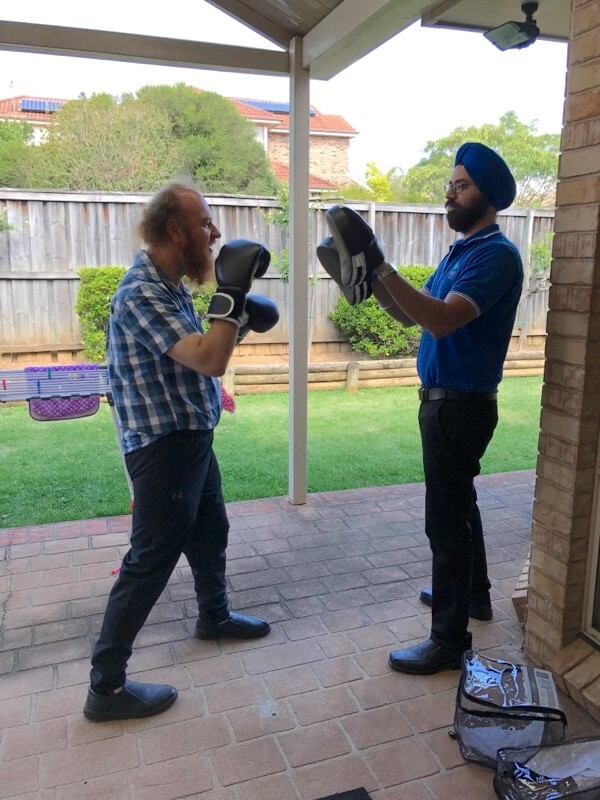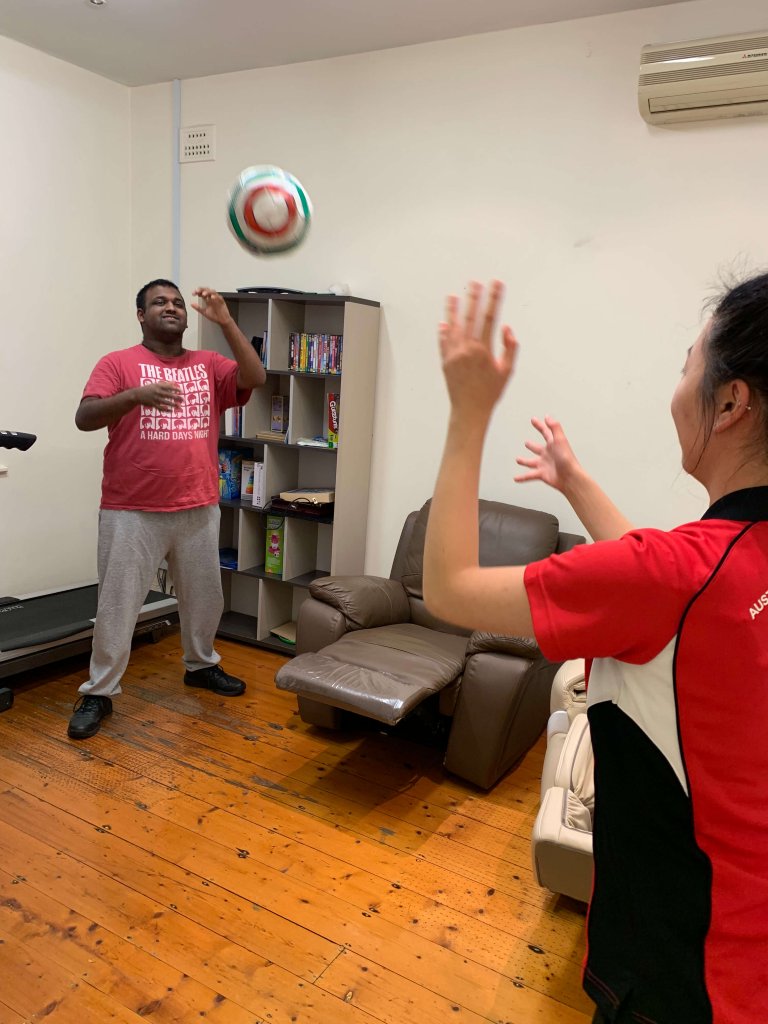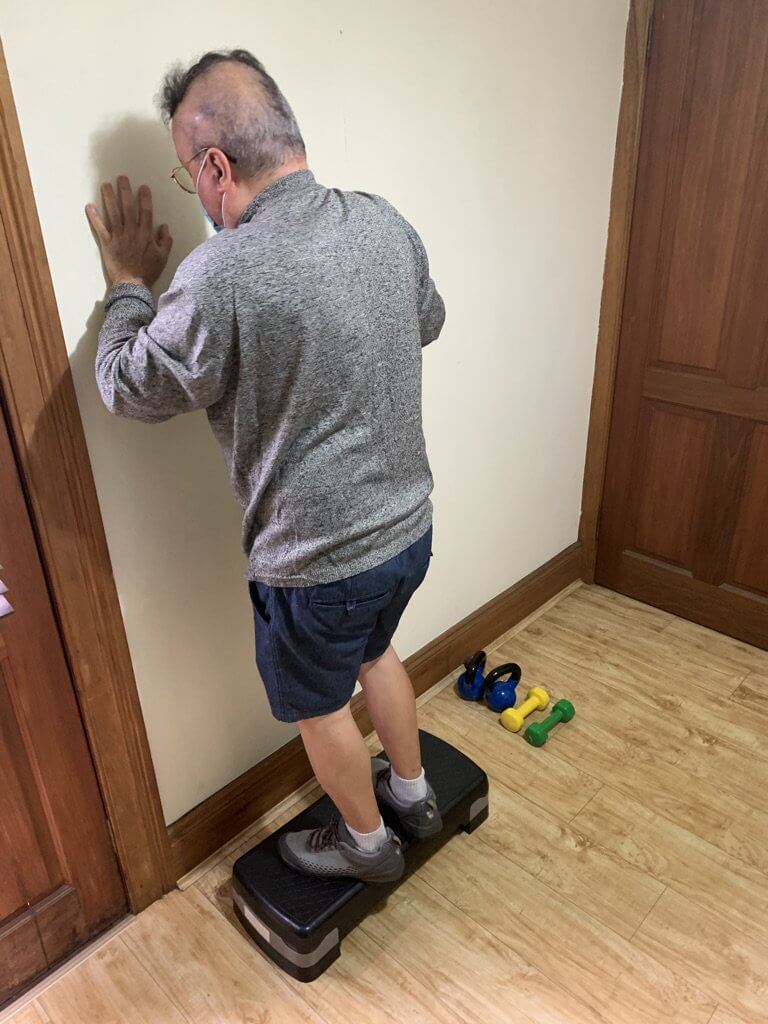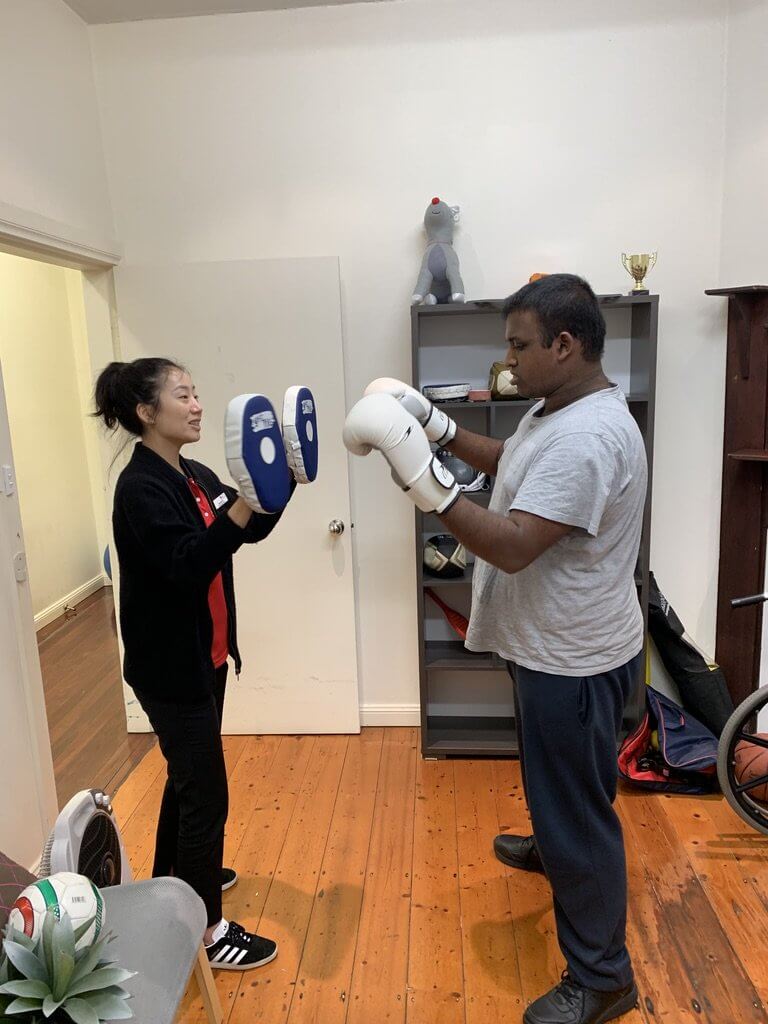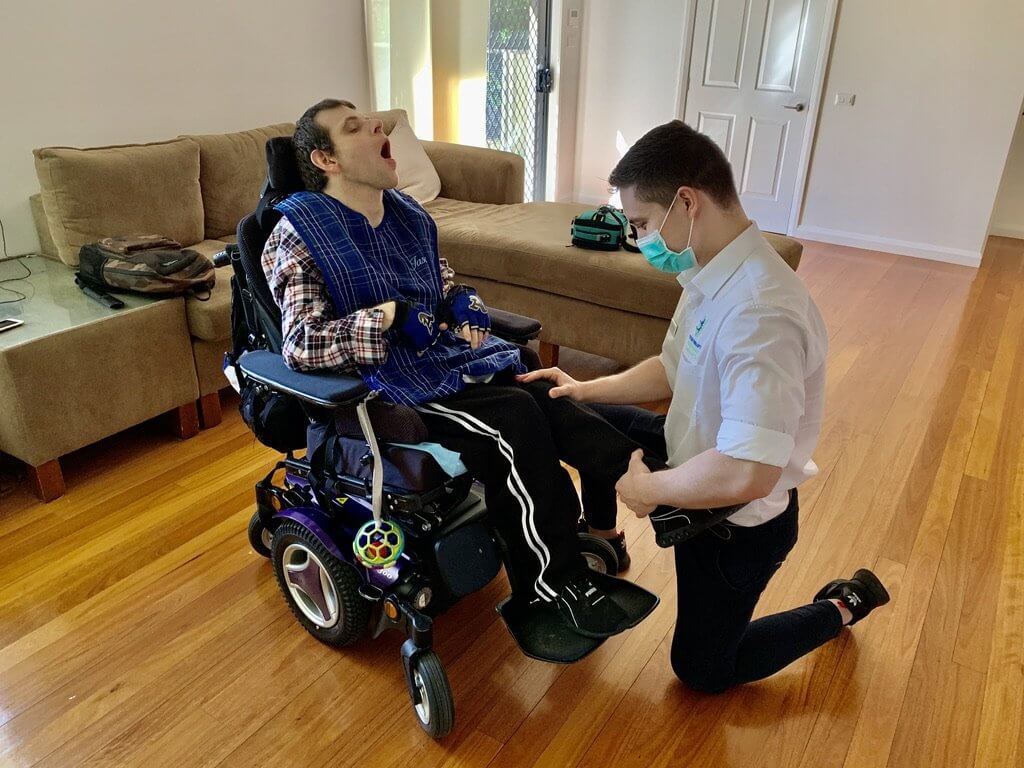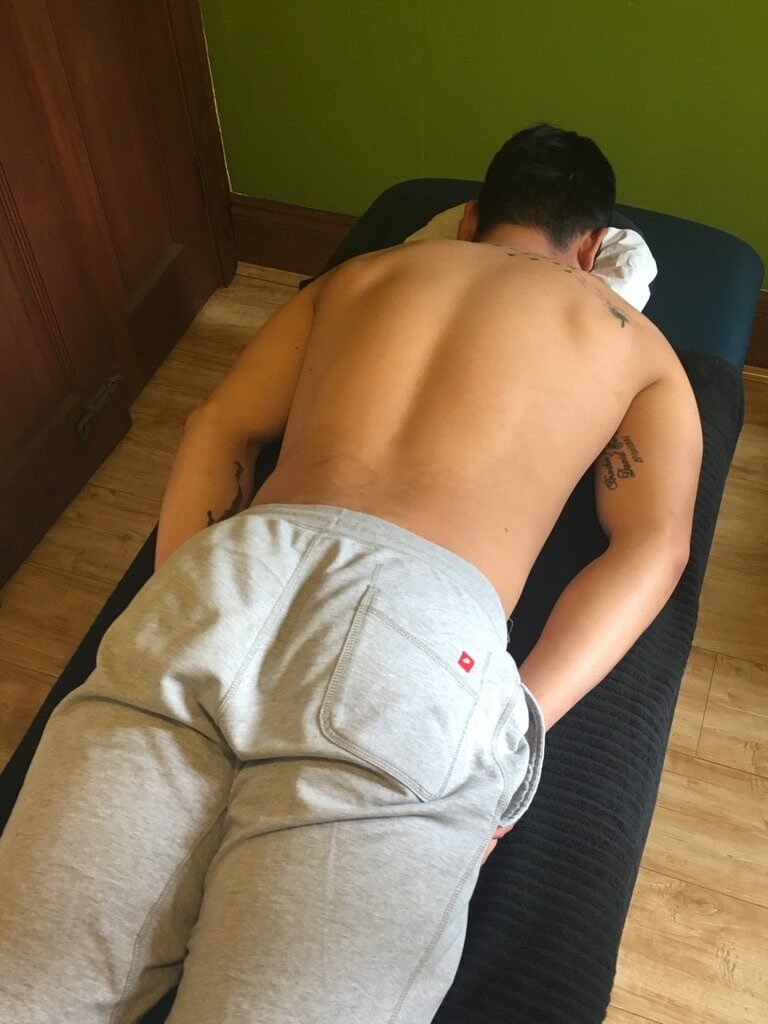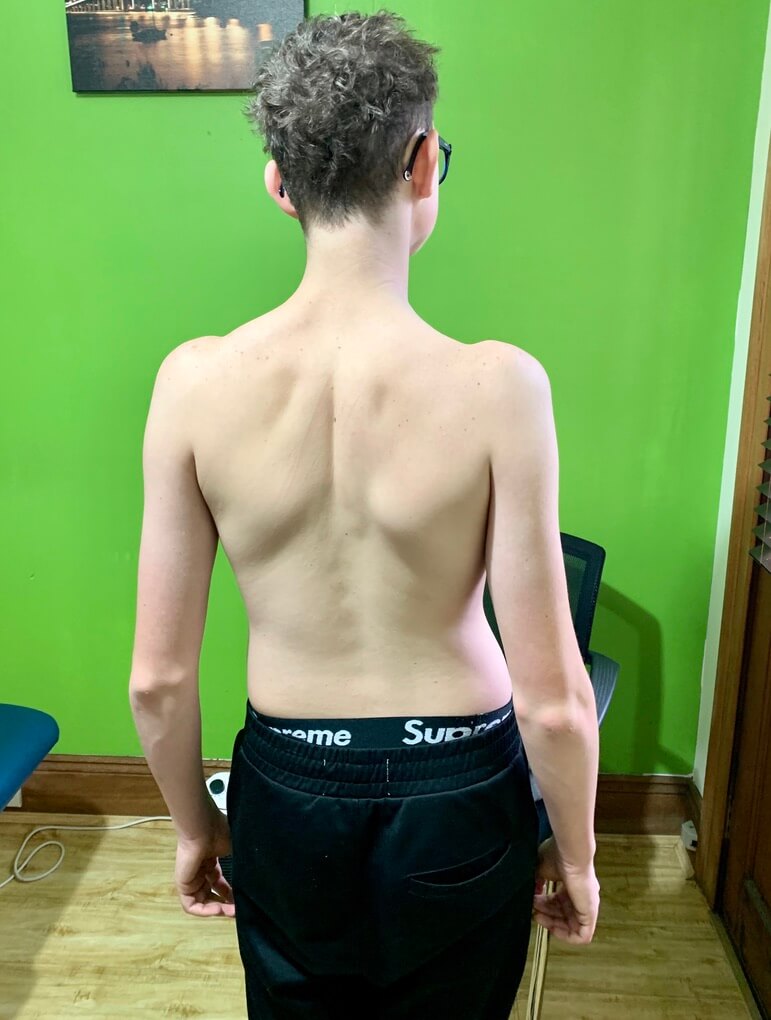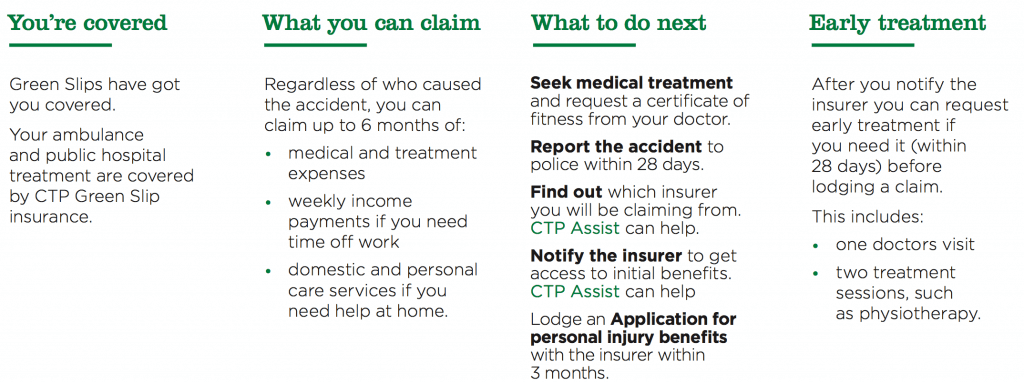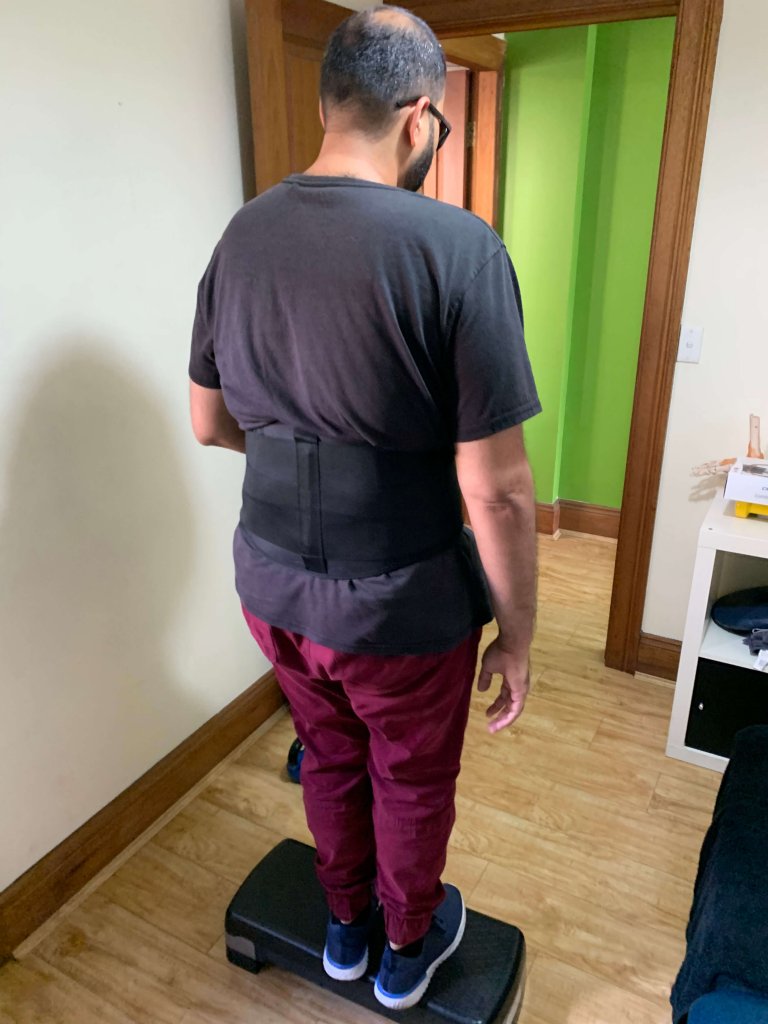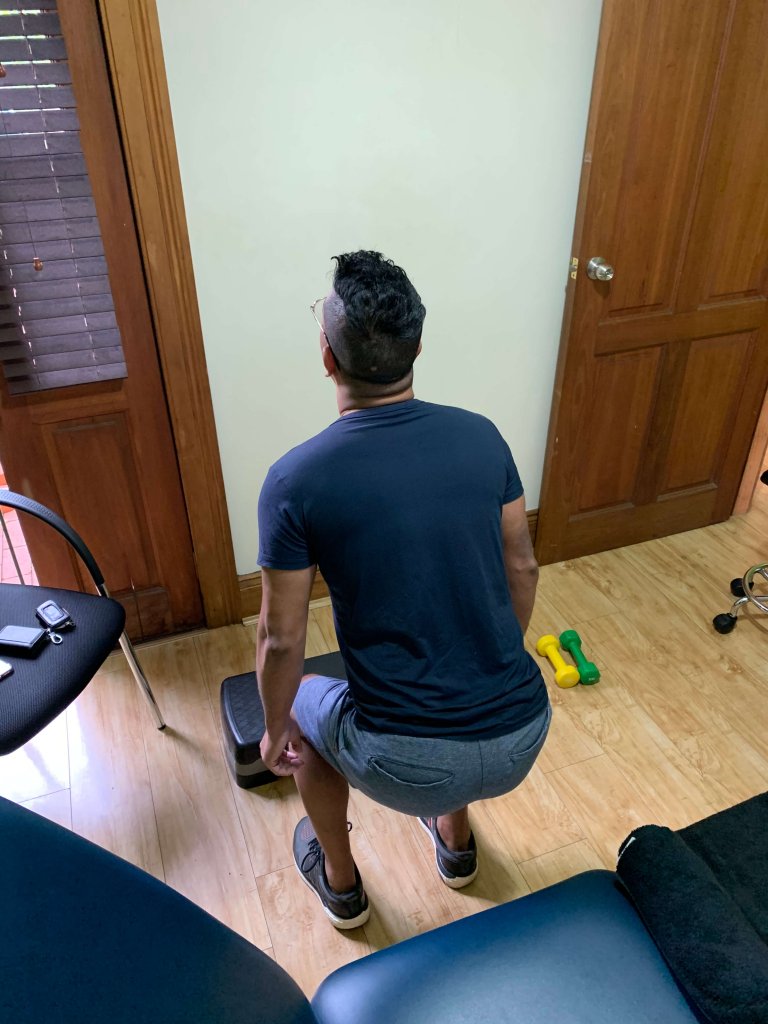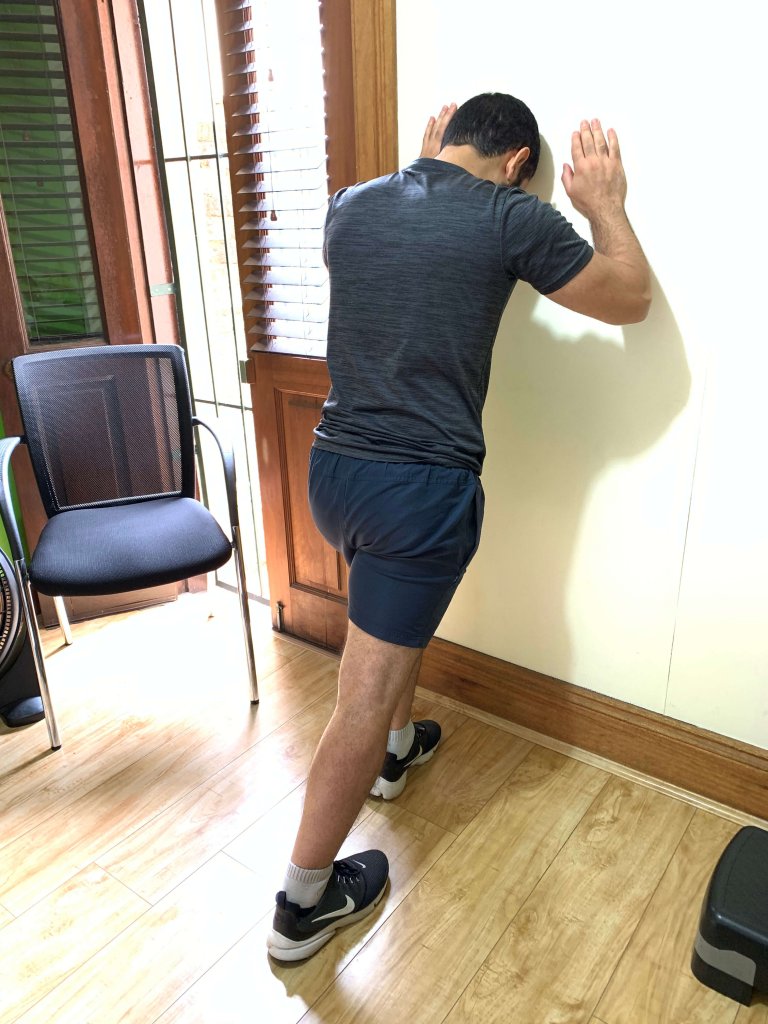Back Disc Bulge Treatment Parramatta
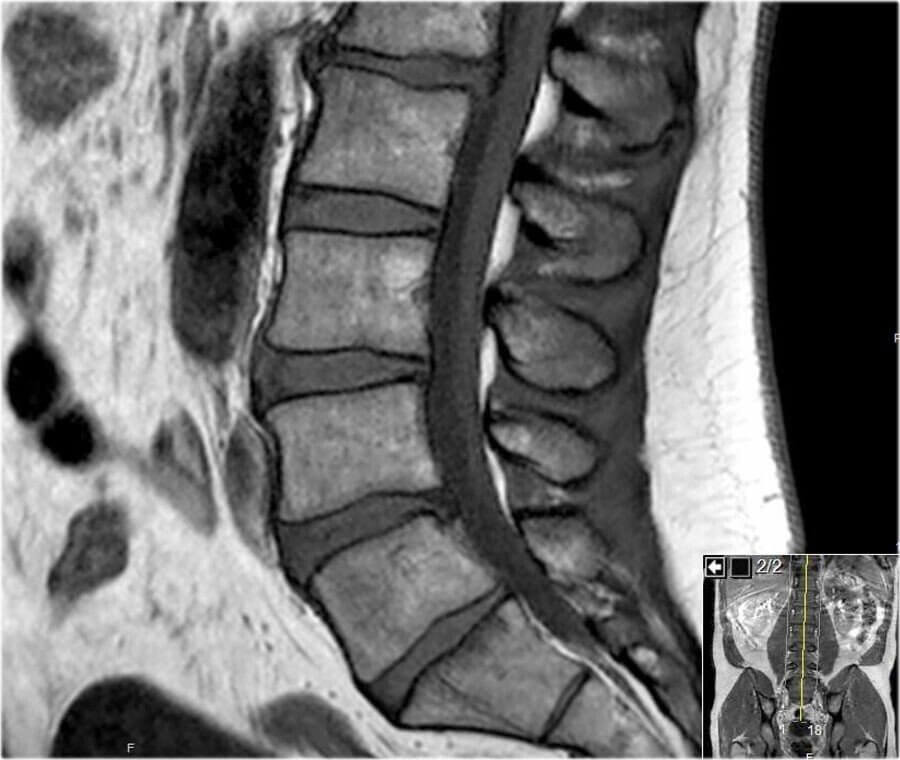
We use a cognitive functional approach to back pain and disc bulge treatment here at Physiotherapy Professionals Parramatta.
Low back pain is a very common condition in the population and most likely we will all experience some back pain in our their lives.
What are lower back discs?
The inter vertebral discs separate the vertebrae of the spine.
Discs in theory have a role in absorption and stabilisation as well as allowing movement in the back joints.
Discs are comprised of two parts; annulus fibrosis (outer fibrous layer) and the nucleus pulposis (inner layer)
Terms used to describe disc injury include
Disc bulge
Ruptured disc
Herniated disc
Prolapsed disc
Normal pain free people can have all disc changes on their spinal scans including MRI and CT’s.
Symptoms of disc injury
Some people with disc bulges can complain of:
- Back pain
- Radiated pain into the leg
- Numbness or pins and needles into the leg
- Weakness in the leg and foot
- Pain worse with coughing and sneezing
- Pain worse with bending or sitting for extended periods.
What physical things affect disc injuries
- Incorrect lifting techniques – Our spines naturally moves with a little bend and in fact with conditioning can become very strong.
- Poor posture has been widely publicised as a caused of disc injury but there isn’t real research to back up this theory. However, Curitn University are currently researching this at the moment and hopefully the results will clarify this for us.
- Obesity- This is still a risk factor in having back pain generally and not necessarily a risk for developing disc budges
- Lack of regular exercise and strength
Self-Care for Disc Bulges
Some things that have been used include:
- Relative rest in the correct alignment, resting in provocative positions such as sitting can worsen the condition
- Over-the-counter pain-relieving medication
- Ice packs or warm packs
- Upright posture
- Resting the back by not bending, twisting or lifting heavy weights
- Warm baths
- Sleeping on a mattress that is not too soft or too hard
- Ergonomic furniture, such as chairs with lumbar support
- Gentle exercises to strengthen and support the lower back
- Gentle walking program as pain permits
However, there aren’t any real direct link that these interventions have a direct affect on the disc budge in the current research but some do have an effect on reducing pain perception.
Treatment for Disc Bulges
- Physiotherapy
- Medication including pain relief and anti-inflammatories
- Epidural steroid injections into the disc region
- Manipulative therapies
- Surgery
- Alternate therapies such as Trigger point therapy or dry needling
Surgery for Disc Bulges
- Unless you have a severe nerve compression causing leg numbness, muscle strength loss, loss of reflexes then surgery is usually not recommended
- There has been recent increase in spinal fusions an all in the private sector
- Back surgery for back and leg pain only is no more effective than good, high value physiotherapy care.
Physiotherapy
- Soft Tissue Release: Muscle tension is usually a symptom of the underlying problem and can assist to unwind a tense area
- Spinal mobilisations or joint mobilisations can have good outcomes to ease symptoms
- Dry needling or acupuncture can also ease muscle tightness and have positive effects for disc budge related pain
- Ultrasound, interferential, shockwave, any most machines haven’t been shown to speed up recovery
What do we do
Our clinic uses a cognitive functional approach to back care management of spinal related pain.
We do a full assessment to get a clear understanding of your situation, covering all aspects of what we know causes pain and injury
We will work with you to develop a management program addressing all aspects that are limiting your recovery.
Contact Us:
For more information on how we can further assist you, please call our clinic number on 0479 080 800 or send us an email on admin [email protected] for further details. Our Physiotherapists are Medicare, NDIS, DVA and Work Cover approved, specialising in injury management and rehabilitation to get you back on track.


